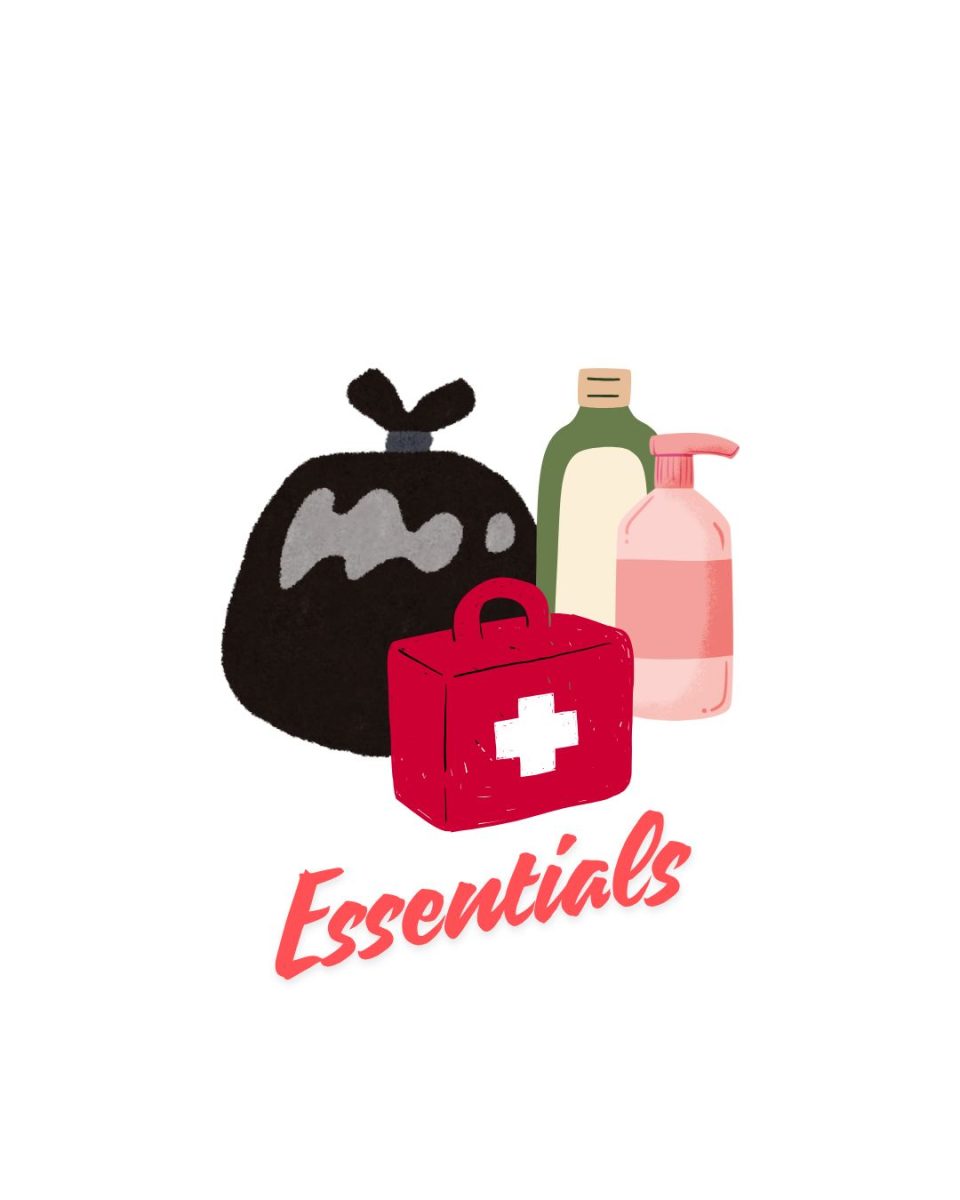Trauma can have a huge impact in one’s every day life. For a college student, it can have an effect on the ability to learn. The National Child Traumatic Stress Network (NCTSN) shares that, “A traumatic event can seriously interrupt the school routine and the processes of teaching and learning. There are usually high levels of emotional upset, potential for disruptive behavior, or loss of student attendance unless efforts are made to reach out to students and staff with additional information and services.”
Have you or someone close to you ever experienced this?
First I want to say that I am sorry that you had to face that. Second you are strong and I know there are days that you don’t feel it, but you are; I’m proud of you.
Have you ever heard people say in a joking way, “I feel SO triggered?”
It may be a trendy thing for some to say, but it is no laughing matter. The smallest things can cause someone to relive a traumatic event. For those that have faced trauma, anything could be a “trigger.”
What does it mean to be triggered?
In Gillian Brown’s article Not Sure What People Mean By ‘Triggering ?’ This Article is Your One- Stop 101, she shares that “Triggering occurs when any certain something (a “trigger”) causes a negative emotional response. The emotional response can be fear, sadness, panic, flashbacks, and pain, as well as any physical symptoms associated with these emotions (shaking, loss of appetite, fainting, fatigue, and so on).”
One can be triggered by anything from a song, to food, tone of voice, smells, in essence, anything. It can be as small as smelling fresh baked pastries; this could be a trigger. When someone is experiencing an uncontrollable recollection of a traumatic event; they are trying to get out of that moment. Patti Levin shares a few of the physical reactions and emotional reactions “Physical Reactions: aches and pains like headaches, sudden sweating, easily startled by noises or unexpected touch. Emotional Reactions: irritability, restlessness, nightmares, flashbacks-feeling like the trauma is happening now, difficulty concentrating or remembering , and shame.” The response can vary from person to person.
How can we help those during a traumatic recollection?
Phoenix Australia-Centre for Posttraumaic Mental Health is direct in stating, “The support of family and friends is critical when someone is coming to terms with a traumatic event. There is a lot you can do to help the person who has been affected.”
Some suggested strategies are: a support system, music and art, maintaining a balanced meal plan, meditation, massages, exercise, and surrounding yourself with people that you feel comfortable around.
To be triggered is very real. For those who have had the unfortunate circumstances to face trauma; I am sorry. If you need help, please reach out to your family, friends, counselor, and take advantage of local walk in services offered at your campus. Take one day at a time, and as Dory in Finding Nemo says, “Just keep swimming.”
For questions/comments about this story, email [email protected] or tweet @TheWhitOnline.
























































































































































!["Working with [Dr. Lynch] is always a learning experience for me. She is a treasure,” said Thomas. - Staff Writer / Kacie Scibilia](https://thewhitonline.com/wp-content/uploads/2025/04/choir-1-1200x694.jpg)









































